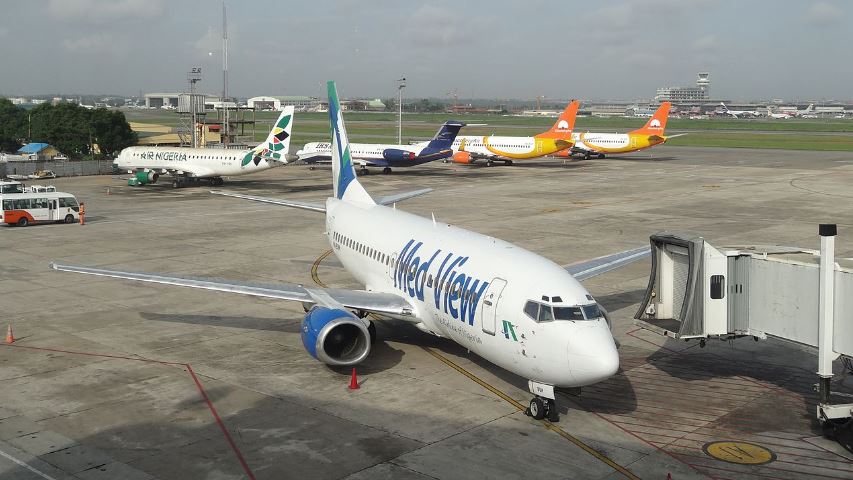
London, December 29, 2022 (Aviation source news) While other nations, such as the United States, are cancelling their flights because of severe cold weather, Nigeria’s NCAA (Nigeria Civil Aviation Authority) has advised its pilots and airlines to take precautions due to current extremes of dry weather.
The NCAA advised all air operators to “exercise caution over the hazardous weather condition in the dry season, just as the Harmattan haze has forced cancellation and delay of flights since December 20, 2022.”
The advisory was contained in an Advisory Circular (AC) which was signed by the Director General Capt. Musa Nuhu to the AC: NCAA-AEROMET – 34 initiated by the Directorate of Aerodrome and Airspace Standards (DAAS) addressed to Pilots and all Airline Operators.
This advisory was a sequel to the already signed Seasonal Climate Prediction (SCP) issued by the Nigerian Meteorological Agency NIMET, which reported a cessation of rainfall and weather associated with the dry season in Nigeria from late December 2022 to March/April 2023.
The Authority said that the AC was intended to alert the pilots about the nature of the weather associated with dry season in Nigeria.
Weather conditions can include light/moderate to severe dust haze and sometimes early morning fog which can reduce visibility to below the airport operating minima.
“The NCAA identified the effects of the hazardous weather on flight operations, which include air-to-ground visibility reduction due to haze dust or fog; aerodrome visibility may fall below the prescribed operating minima.”
“In severe conditions, dust haze can blot out runways, markers, and airfield lighting over wide areas making visuals navigation extremely difficult or impossible and flights are bound to be delayed, diverted or canceled where terminal visibility falls below the prescribed aerodrome operating minima,” the regulatory body said.
The pilots weren’t the only ones who were warned, however, as air traffic controllers were also given safety requirements which they were obliged to follow and were expected to carry out the following:
Closure of the airspace by ATC when any of these conditions are observed or forecasted by NIMET;
Ensure strict adherence to published aerodrome weather minima by Flight Crews/Operators and Air Traffic Controllers (ATC); and
Ensure pilots/flight crew members obtain adequate departure, en-route and destination weather information, and briefing from NIMET Aerodrome Meteorological Offices and stations prior to flight operations and exercise maximum restraint whenever adverse weather is observed.
In addition, operators were expected to ensure that all necessary measures are put in place to cushion the effects of delays or cancellations on their passengers.
“While the Authority urges all passengers to exercise patience and understanding during this period as their safety is of utmost importance, stakeholders should ensure strict compliance to this advisory circular as violations would be viewed seriously,” the NCAA emphasized.
